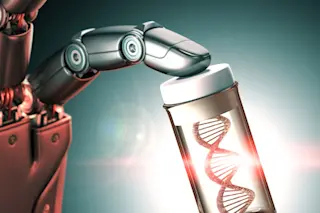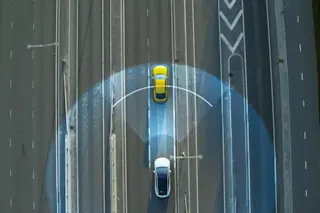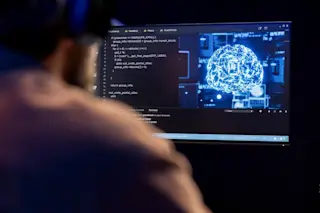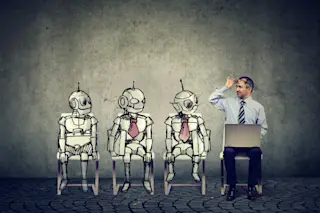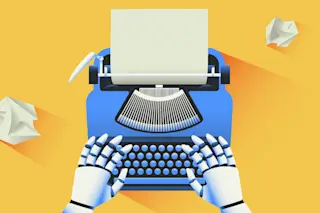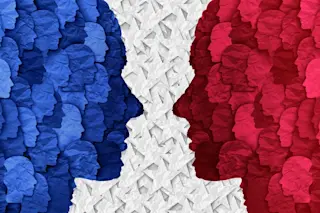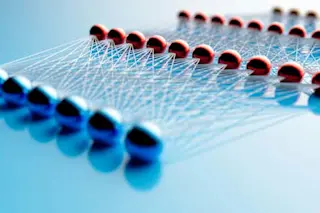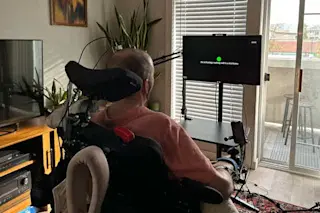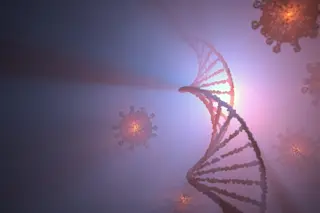During her chemistry Nobel Prize lecture in 2018, Frances Arnold said, “Today we can for all practical purposes read, write and edit any sequence of DNA, but we cannot compose it.” That isn’t true anymore.
Since then, science and technology have progressed so much that artificial intelligence has learned to compose DNA, and with genetically modified bacteria, scientists are on their way to designing and making bespoke proteins.
The goal is that with AI’s designing talents and gene editing’s engineering abilities, scientists can modify bacteria to act as mini factories producing new proteins that can reduce greenhouse gases, digest plastics or act as species-specific pesticides.
As a chemistry professor and computational chemist who studies molecular science and environmental chemistry, I believe that advances in AI and gene editing make this a realistic possibility.
All living things contain genetic materials – DNA and RNA – that provide the hereditary information needed ...


